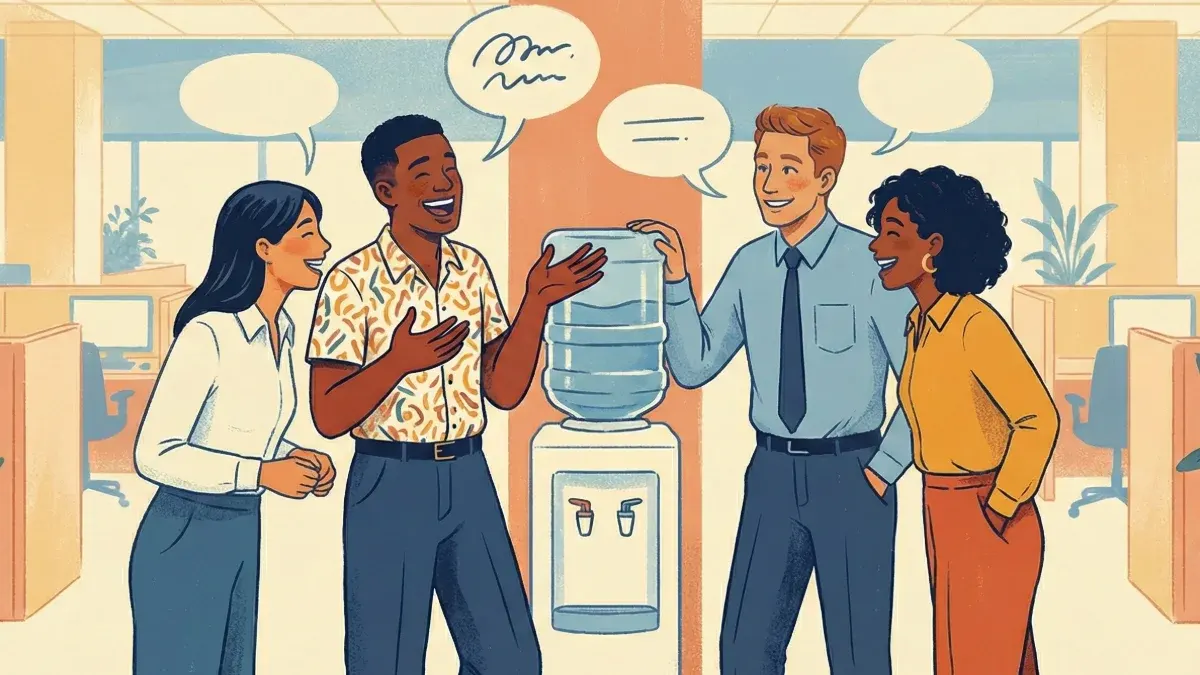Discover if you possess the resilience to laugh at life's absurdities and maintain a positive perspective even when things go wrong.

Self-Enhancing Humor Test
Is your humor style supporting your mental health?
This assessment is designed to measure your tendency to use self-enhancing humor, a healthy coping style where you maintain a humorous perspective on life to regulate your emotions and manage stress. Unlike other forms of humor, this style focuses on internal resilience and finding the "silver lining" without the need to disparage others or yourself. Understanding your humor style is a key component of emotional intelligence. To explore other aspects of your personality and coping mechanisms, you might also be interested in our Affiliative Humor Style Scale or the Brief Resilience Scale.
Frequently Asked Questions
- How long does this quiz take?
- It takes about 1-2 minutes to complete.
- Are my responses private?
- Yes, all Self-Enhancing Humor Test answers are anonymized and confidential.
- Can I take this test more than once?
- Yes, you can retake the test any time to see how your Self-Enhancing Humor Test results may have changed.
- Will this quiz tell me if my humor is healthy?
- Yes, this test specifically measures 'self-enhancing' humor, which is considered an adaptive and healthy psychological coping mechanism associated with high emotional well-being.
- Can I use these results to improve my mental health?
- Absolutely. Recognizing your ability to use humor for emotional regulation can help you intentionally cultivate this skill to better manage stress and anxiety.
Self-Enhancing Humor Scale: Take The Test
References
Disclaimer
This scale is designed for educational purposes and is not a substitute for professional diagnosis or treatment.

